Student Blog
Diversity
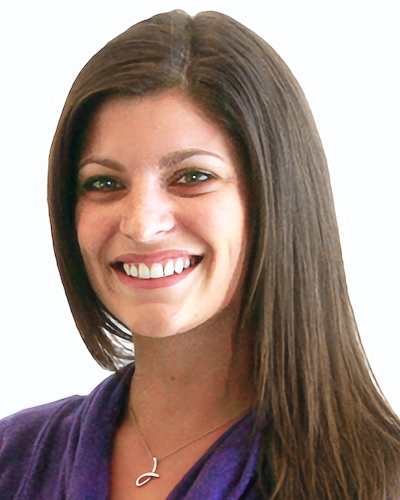
Elderly Drivers and Community Mobility ⟩
April 23, 2014, by Jen
Classes Diversity What are OS/OT?
In my leadership capstone course, we had an interesting discussion on elderly drivers and community mobility. I found it interesting that although senior drivers are safest compared to other drivers on the road, they are more likely to be injured or killed in an accident. I am not sure of the exact reason for this, but I believe it could be because their health may already be compromised due to their old age. I also think a reason they may be more likely to be injured or killed when involved in an accident (even if they are not the reason for the accident) is that their reflexes may be slower so they are not able to protect themselves as quickly. There are a number of barriers that elderly drivers face. One of them mentioned in the forum was how unmet transportation needs are linked to reduced well-being. This reminded me of a client I had who used a ride share program to get to their therapy appointments. Although they valued therapy sometimes their ride would be very early or very late in picking them up and dropping them off. This became quite a problem because it greatly interfered with how they spent their time. Instead of coming to therapy for an hour session, they frequently would get dropped off up to 45 minutes before therapy and not get picked up until an hour after therapy ended. This caused the time they dedicated to therapy each week to become almost 3 hours (with most of the time being waiting for their ride) instead of spending their time doing things they would like to do. I hope in the near future these types of issues will become less common for older adults.
⋯
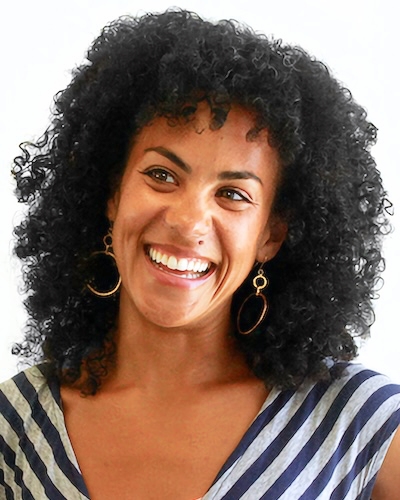
Black College Expo ⟩
February 24, 2014, by Ryan
Admissions Diversity Getting Involved
This weekend I was worked at a table representing USC Division of Occupational Science and Occupational Therapy at the Black College Expo in Downtown Los Angeles’ Convention Center. It was a great event for anyone who is interested in going to college. They had tons of colleges there as well as seminars for parents, such as how to apply for financial aid. I was amazed at how many people were there. I just wished that I had this when I was thinking about college because it is such an overwhelming process. I was happy to tell them about my experience at USC, but also about the amazing field of Occupational Therapy . . . because, of course, a lot of people didn’t know what it was. I didn’t know what OT was until after I graduated from my undergraduate program. I was so glad to be a part of this and inspire prospective students!
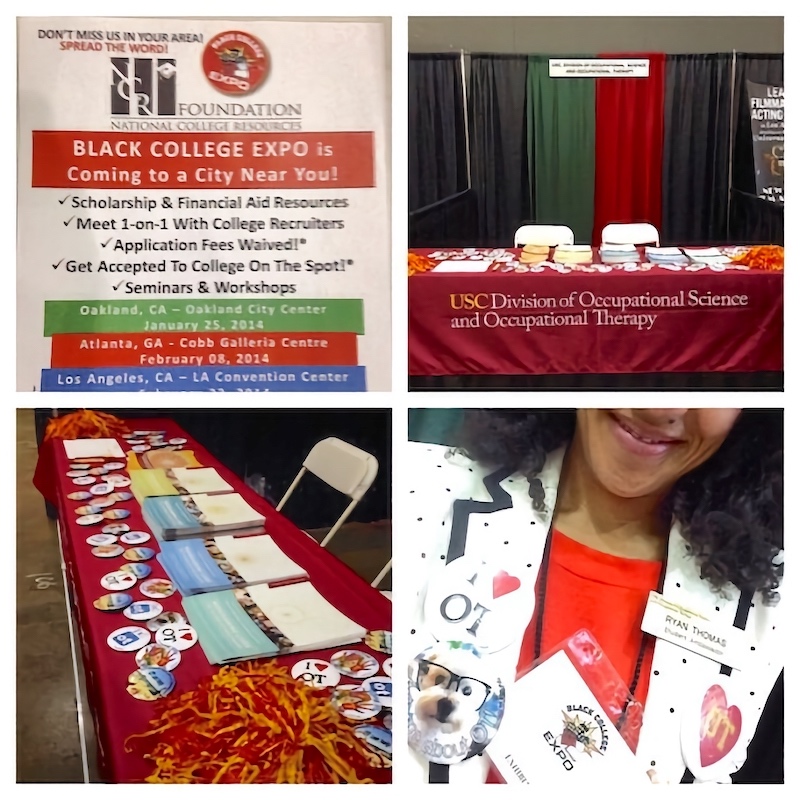
⋯
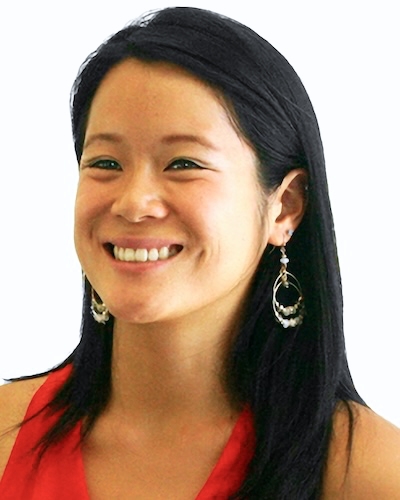
Tai Chi and (Chai) Tea ⟩
January 23, 2014, by Clarissa
Classes Community Diversity What are OS/OT?
This morning, I saw a group of older adults practicing Tai Chi in a park nearby my house and I felt so happy! Why, you ask? I took a class last semester geared towards creating a community project. My group members and I interviewed experts, talked to community members, and designed a program for (you guessed it) Tai Chi!
Older adults are often at risk for falls and social isolation. In our research regarding Tai Chi, we found evidence in the literature supporting Tai Chi’s positive effects on fall prevention in older adults — it helps with factors contributing to falls like balance, coordination, and fear of falling. To address fall risk and social isolation, we decided to write a proposal for creating a Tai Chi class followed by time to socialize with tea. The social relationships built through tea time could also motivate the older adults to join our class.
We decided our target population would be older adults in Monterey Park, a city just east of downtown LA. The city has a 66.9% Asian population. In our research, we also found that Asians were less likely to talk about their lifestyle to their health providers so they may have needs that aren’t being met. The cultural familiarity of Tai Chi (and the tea!) may work to encourage their attendance to our program.
To explain the title of this blog post — my group really wanted to name our project Tai Chi and Chai Tea but had to very sadly let go of it. Chai tea’s sugar content may not be the best for older adults. The title lives on here. Woohoo!
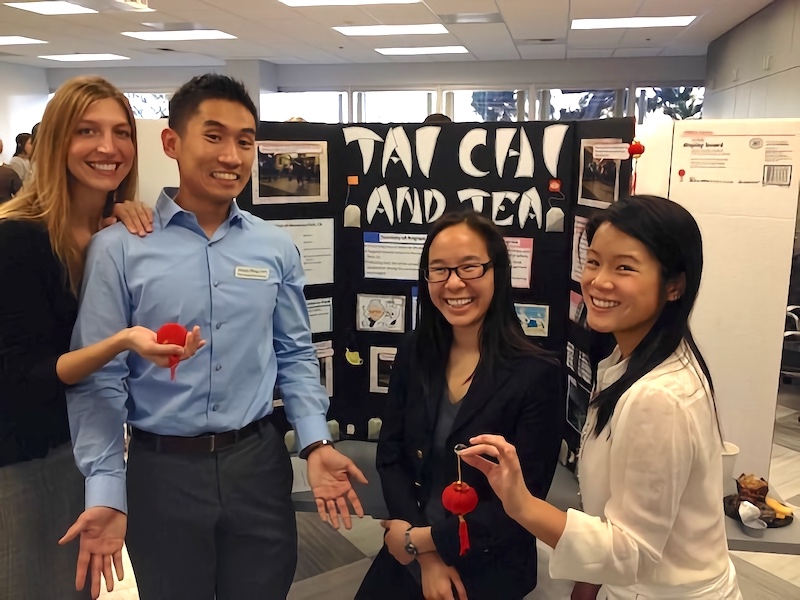
Here’s a picture of me and my awesome group on poster presentation day!
⋯

Group Projects ⟩
January 22, 2014, by Jen
So far this semester, I feel like I have had a number a group projects. The great thing about USC being such a large program is that with each new project, I generally get to work with someone new! I enjoy this because each person in the program has something different and exciting to offer. Everyone in the program has I different background, I’ve become friends with people who were professional dancers, writers, teachers, accountants, and more! I am glad that I went straight from undergrad to grad school because I never had a chance to get out of the “school mode,” but my peers that did work before starting grad school have brought such great experiences and knowledge with them . . . and I’m fortunate that they are always willing to share their knowledge with me!
⋯
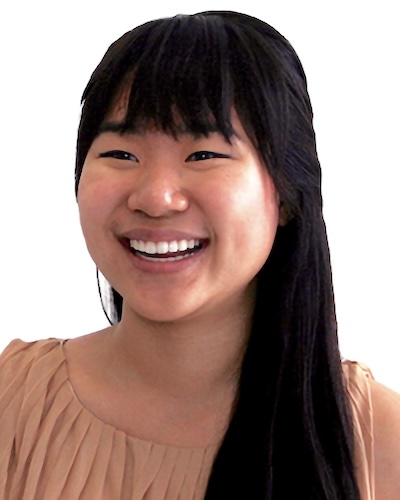
Accessibility at Disneyland ⟩
April 23, 2013, by Alisa
Diversity What are OS/OT?
Last week my uncle and his family came to visit from Thailand. It was their first time in the United States. I had an eye-opening experience to begin to understand what it was like to live with a T4 spinal cord injury. I was playing tour guide for some of the days. At Disneyland the accommodations were spectacular. They have done a good job in making most of the rides accessible for people using wheelchairs. I had my handy dandy Guide for Guests with Disabilities. We went to Indiana Jones, It’s a Small World, the Jungle Cruise, Buzz Lightyear Astro Blasters, Finding Nemo Submarine Voyager, Star Tours, Railroad, Pirates of the Caribbean, Innoventions, the Haunted Mansion, Mickey’s House. While some of the rides didn’t require my uncle to transfer, many of them required transfer either to a higher seat or to a lower seat. My uncle thought that at times he was just going to wait for us, but I insisted that his son and I could lift him. He was able to enjoy all of the same rides with us, and I thought that this is how everywhere should be. I didn’t see my uncle as a person who is disabled, but the environment made him that way. I thought about universal design and the importance of making all spaces accessible for everyone. I appreciate the fact the guide provided a description of where the accessible entrances are located. During lunch we saw a Jedi Training Academy workshop for kids, and I also got to learn more about what it’s like to live with a spinal cord injury for over 20 years. He knew I was studying to be an occupational therapist and even offered himself as a case study. After I took them to get jelly beans and dinner at Rainforest Café, I dropped my uncle and his family off at the hotel exactly at midnight. It was a Cinderella story after all.
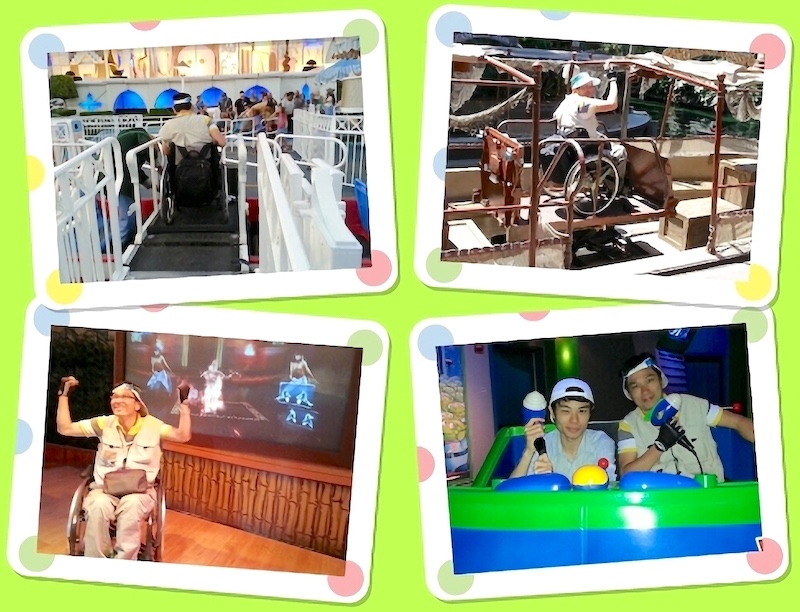
⋯





